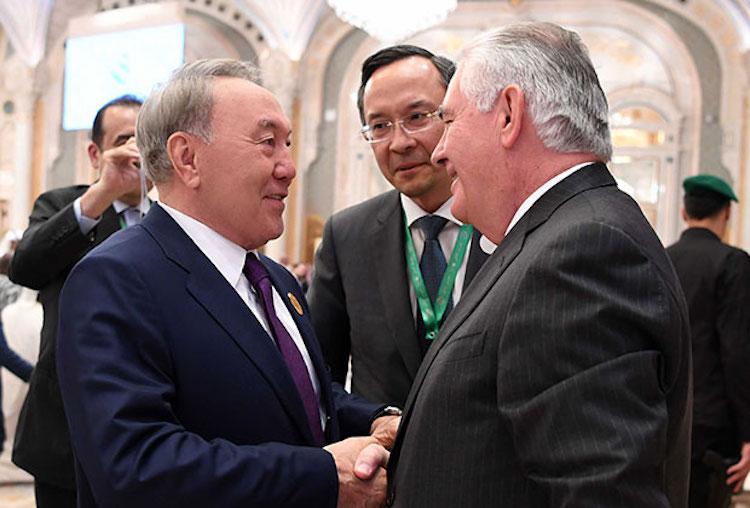By Lisa Vives, Global Information Network
NEW YORK (IDN) — The party that governed South Africa since the end of apartheid appears to have lost its grip on Black voters who turned away from the party of Nelson Mandela this month in large numbers.
For the first time in the country’s post-apartheid democracy, the African National Congress (ANC) received only 46% of—less than half of the national vote and an 11% drop from the last election—in polls for mayors and councillors.
Although the turnout ended up being slightly better than initially feared, at 12.3 million voters, it amounts to fewer than half of those registered.
News media around the world pounced on the famed party most recently headed by President Cyril Ramaphosa with such headlines as: “ANC suffers worst electoral performance”, and ANC Suffers Worst Election Setback Since End of Apartheid.”
The disappointing turnout was blamed in economic stagnation, record unemployment and the aftermath of civil unrest.
But contributing factors included rampant corruption and a rot in state institutions.
“The grassroots collapse of services such as water and power in ANC-run municipalities lies behind voter frustration with Ramaphosa,” wrote Johannesburg reporter Joseph Cotterill. The popular leader struggled to overcome infighting in the party which exploded into the country’s worst post-apartheid unrest in July after former president Jacob Zuma was jailed for defying a court order to attend a judicial inquiry.
The party lost outright control of Johannesburg and will maintain control of only two of the country eight big cities.
“We’re not a loser here,” insisted Jessie Duarte, the party’s deputy secretary general, at a news briefing on the floor of the results center in Pretoria. “As far as we’re concerned, we are the winning party on that board.”
But Ms. Duarte acknowledged that voters had sent a message.
“The electorate has spoken,” she said. “The low voter turnout, especially in traditional ANC strongholds, communicates a clear message – the people are disappointed in the ANC with the slow progress in fixing local government, in ensuring quality and consistent basic services and tackling corruption and greed.”
Power will now devolve among newly energized parties, such as the Inkatha Freedom Party which used its history of Zulu nationalism to win nearly a quarter of the vote in the largely rural province.
The Freedom Front Plus, a historically Afrikaner nationalist party that repositioned itself as a bulwark for all minorities against the ANC, increased its support across the country.
The Economic Freedom Fighters of Julius Malema, which presents itself as the “government-in-waiting”, ended up with about 10.42%, a small but respectable development from 2016’s 8.19%.
Other parties picking up seats include the Patriotic Alliance, One South Africa, and ActionSA. [IDN-InDepthNews – 09 November 2021]
Photo source: Global Information Network
IDN is the flagship agency of the Non-profit International Press Syndicate.
Visit us on Facebook and Twitter.
We believe in the free flow of information. Republish our articles for free, online or in print, under Creative Commons Attribution 4.0 International, except for articles that are republished with permission.

